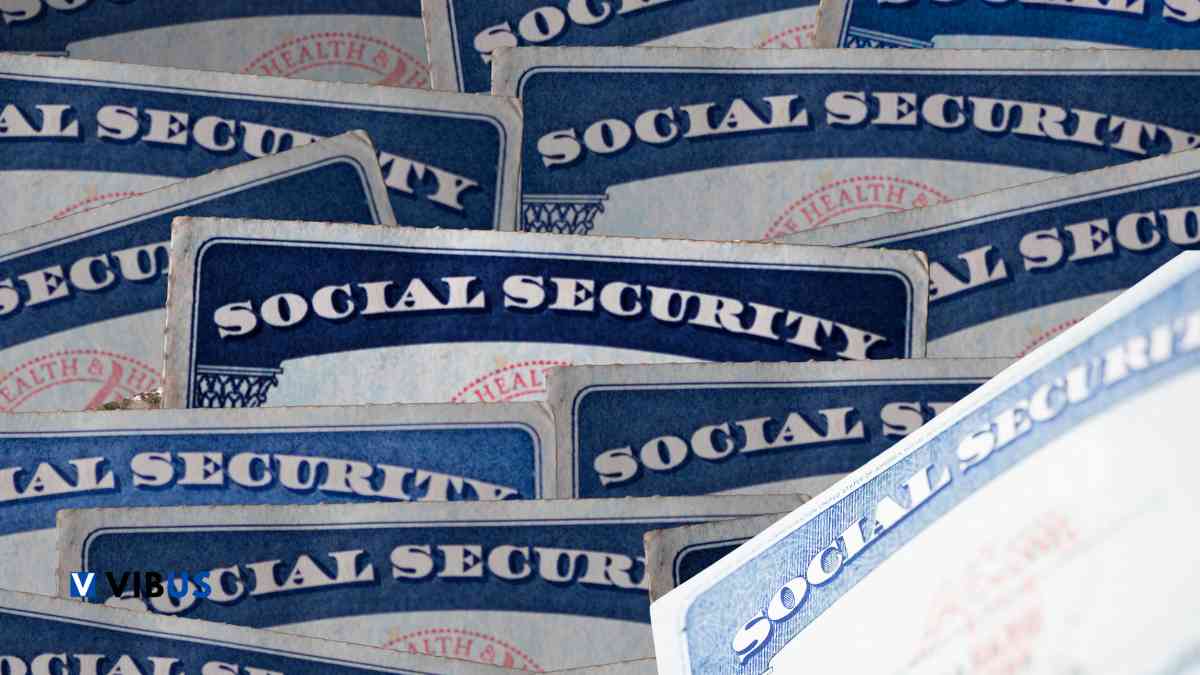Every month, thousands of households across the United States experience significant financial relief thanks to the Supplemental Security Income (SSI) Social Security payments. This program is essential for retired citizens and other groups facing economic hardships, providing them with the means to significantly improve their standard of living.
The recipients of this system are primarily those Americans who are in extreme need. The arrival of these funds into their bank accounts is a tremendous help, allowing them to cover essential expenses and approach the month with greater peace of mind.
A look at Social Security’s SSI beneficiaries
Given the importance of these benefits, it’s crucial for potential beneficiaries to know the necessary requirements to access them, as the U.S. Social Security Administration distributes thousands of these checks each month. However, a large number of citizens who could benefit from this program do not, simply because they are unaware of their eligibility.
The possibility of receiving up to $943 monthly can make a significant difference in the lifestyle of many, allowing them to enjoy greater financial stability.
It is vital to review and understand the requirements to receive the usual SSI payment. If you are in a situation where your resources are limited and you meet the criteria for age or disability, it might be that on the next 1st of July, you receive this financial benefit, which you can use for whatever you need the most.
Eligibility requirements for SSI
There is no need to worry about losing the monthly SSI payment if you are already receiving a Social Security pension. The payments for both benefits are completely compatible, meaning you can receive the SSI check even if you are already collecting a retirement pension.
Similarly, this income is compatible with SSDI (Social Security Disability Insurance) payments, so receiving a disability payment does not prevent you from also obtaining SSI. The main requirements to access Supplemental Security Income are having limited economic resources and low monthly income, being 65 years or older, or being affected by a disability.
A benefit independent of other incomes
It is important to clarify a point that often causes confusion: you do not need to be receiving a Social Security retirement payment to access the SSI check. Although these two benefits are compatible, SSI does not require the beneficiary to be retired as a prerequisite. This opens the door to many people who, while they do not meet the requirements to receive a retirement pension, do meet the criteria for SSI.
Therefore, if you meet the requirements regarding resources and personal situation, you can receive this income without needing to have a retirement pension approved. However, the amount of the SSI check you will receive depends directly on your monthly income. The lower your income level, the higher the amount you could receive, up to a maximum of $943 per month.
The assistance provided by Supplemental Security Income is indispensable for many Americans facing economic difficulties. This program not only offers financial support to those who need it most but also improves the quality of life for thousands of people each month.
Knowing the requirements well and ensuring that you meet them can open the doors to this vital benefit, making it essential to be well-informed and to undertake the necessary steps to access this financial support.




